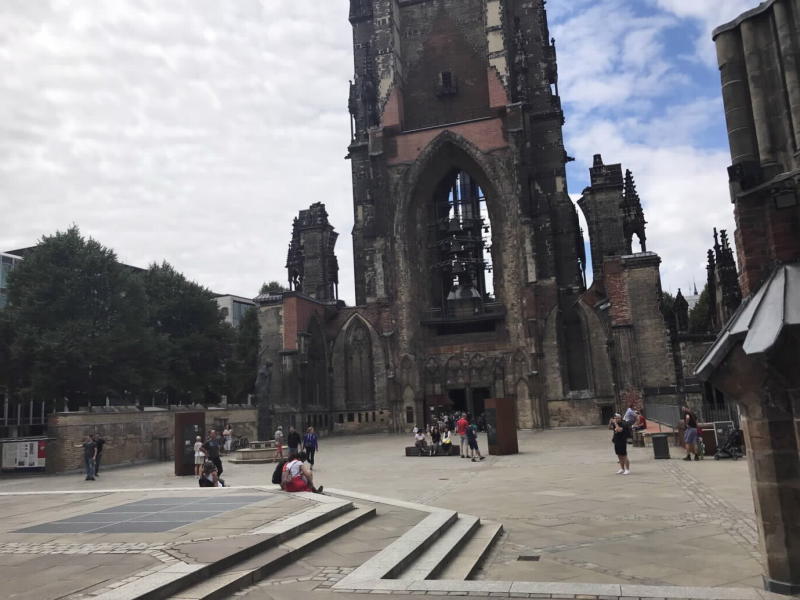×
The Standard e-Paper
Fearless, Trusted News

On the rubble of the Second World War, nations were rebuilt with new constitutions and new economic dispensations. Germany and Japan stand out; from war losers they became economic winners.
Interestingly, China does not feature much in world wars except her invasion by Japan in 1937. She had enough internal problems before her rebirth in 1949 upon the ruins of civil war.